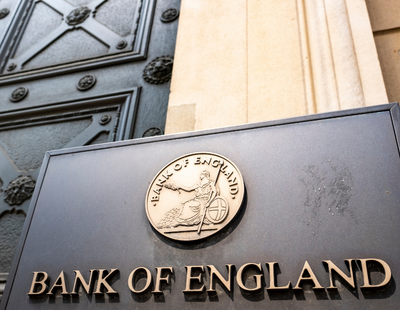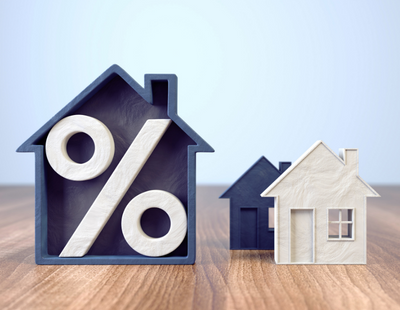Affordability is a bigger factor for buyers than the confirmed General Election, Savills claims.
Prime Minister Rishi Sunak has set a date of 4 July for nation to go to the polls, which may distract buyers and sellers considering property market activity as they wait to see what the next government could offer when it comes to housing.
But Lucian Cook, head of residential research at Savills, said he expects the pace and scale of interest rate cuts to have a more significant impact on the market than the timing or outcome of the general election.
He said: “Headline inflation’s fall to 2.3% in the year to April indicates two or three bank base rate cuts, this year. That is likely to mean mortgage markets remain relatively stable in the short term, with the prospect of lower borrowing costs as the year progresses.
“And with a shorter-than-expected run in to the general election, there is more opportunity for buyer demand to gain traction over the autumn, with most of the uncertainty behind us.
“At the top end of the housing market, our March client survey showed a degree of ambivalence towards the prospect of a general election, with 79% of respondents saying it had no impact whatsoever on their commitment to move over the next 12 months.”
While prime property buyers may well have to contend with higher levels of underlying taxation, VAT on private school fees and targeted measures for overseas buyers, Cook said there is a sense that wealthy domestic buyers know what they are in for.
He added: “That means the prospect of a change in government is priced into large parts of the prime market, especially as talk of more aggressive wealth taxes (think back to the ill-fated mansion tax proposals of the early 2010s) haven’t surfaced.
“The tax treatment of non-doms is the one potential source of disruption, suggesting a cautious summer market in prime central London. It has the potential to cause increased short-term price sensitivity and act as a drag on any subsequent recovery, that feels long overdue.
“More widely, while a change in government would be unlikely to materially change the macro-economic backdrop, current indications are that it would result in a change in the focus of housing delivery and planning, with Labour putting its ambition to deliver 1.5m homes over the next five years high up its political agenda. While that has the potential to change the housing landscape over time, it is unlikely to have a significant impact on the market in the near term.”
There are concerns about whether property-focused legislation on leasehold and rental reform will still make it through parliament though.
Paula Higgins, chief executive of the HomeOwners Alliance, said: ““We call on the government to include Leasehold Reform as part of the mop up of bills. This is a real practical issue stalling people at the moment.
“The bill will have a tangible impact on people buying a flat as well as current leaseholders as they have been waiting for these changes to understand how much they will need to pay to extend their lease.”













.jpg)
.jpg)






.png)



Join the conversation
Be the first to comment (please use the comment box below)
Please login to comment